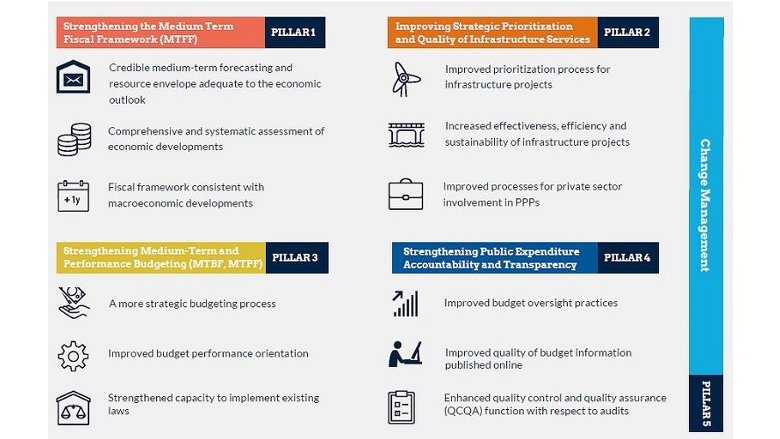Challenge
Fiscal policy in Azerbaijan has been volatile and has not sufficiently nurtured sustainable growth in the non-oil/gas sector. The country remains dependent on hydrocarbon revenue, which is subject to large price swings.
All of this has translated into spending booms and busts with detrimental effects on the economy. Moreover, it has led to short-term decision-making and hampered long-term planning. How can policymakers adjust public spending to be less dependent on erratic hydrocarbon revenue? How can they improve government performance and ensure a multi-year commitment of resources? And how can they strengthen the budgeting process to improve transparent medium-term planning?
Policymakers have initiated reforms to address these challenges through a series of initiatives under the Medium-Term Expenditure Framework (MTEF) program, which is being implemented with support by the World Bank and the Swiss State Secretariat for Economic Affairs (SECO).
The objective of this program is to strengthen the efficiency, strategic orientation and transparency of public expenditure in Azerbaijan, with the aim of enhancing impact and sustainability of public spending as well as boosting private sector development.

